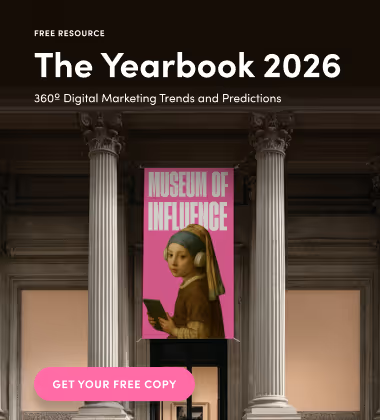Widespread criticism following controversial Super Bowl ad campaign
Poppi, a prebiotic soda brand celebrated for its health-centric marketing, recently faced significant backlash over a Super Bowl ad campaign that many deemed out of touch. The controversy centers on Poppi's decision to distribute large branded vending machines to 32 influencers, including notable figures like Alix Earle, Jake Shane, and Rob Rausch, as part of their promotional strategy leading up to the Super Bowl.
These influencers shared videos showcasing the sizable machines on platforms like TikTok, amassing millions of views. However, the public's reaction was largely negative, with critics arguing the campaign was excessive and misaligned with consumer sensibilities.
Many detractors suggested that instead of providing these machines to already affluent influencers, Poppi could have made a more meaningful impact by placing them in community-centric locations, such as college dorms, hospitals, shelters, or schools.
The criticism extended to concerns about sustainability and resource allocation. Some users highlighted the environmental impact of transporting these large machines and the electricity required to operate them, especially for short-term promotional use. Additionally, there was unease about the optics of gifting expensive items to influencers during challenging economic times, which many perceived as tone-deaf.

Image Source: Shutterstock
Amidst the uproar, Poppi's competitor, Olipop, seized the opportunity to critique the campaign. Olipop's social media team engaged in discussions, suggesting each vending machine cost approximately $25,000, leading to a total expenditure of $800,000 for all 32 machines.
In response to these claims, Poppi refuted the alleged costs, stating that the figures were inflated by 60% and that the actual expenses were significantly lower. The company owns the machines and plans to use them in various community-focused events and initiatives. They emphasized that the initial placements with influencers were just the beginning of a broader campaign.
Allison Ellsworth, Poppi's co-founder, addressed the controversy directly through a TikTok video. She acknowledged the negative feedback and misinformation circulating, particularly regarding the campaign's intentions and costs. Ellsworth emphasized that creator marketing has been integral to Poppi's strategy since its inception, but recognized the importance of their community.
Ellsworth invited consumers to suggest future placements for the vending machines, encouraging nominations for locations, such as teacher lounges, sororities, fraternities, and other community spaces.
Despite the company's efforts to address concerns, consumer sentiment remains mixed. The incident underscores the challenges brands face in navigating influencer partnerships and the importance of aligning marketing strategies with consumer expectations and values.

